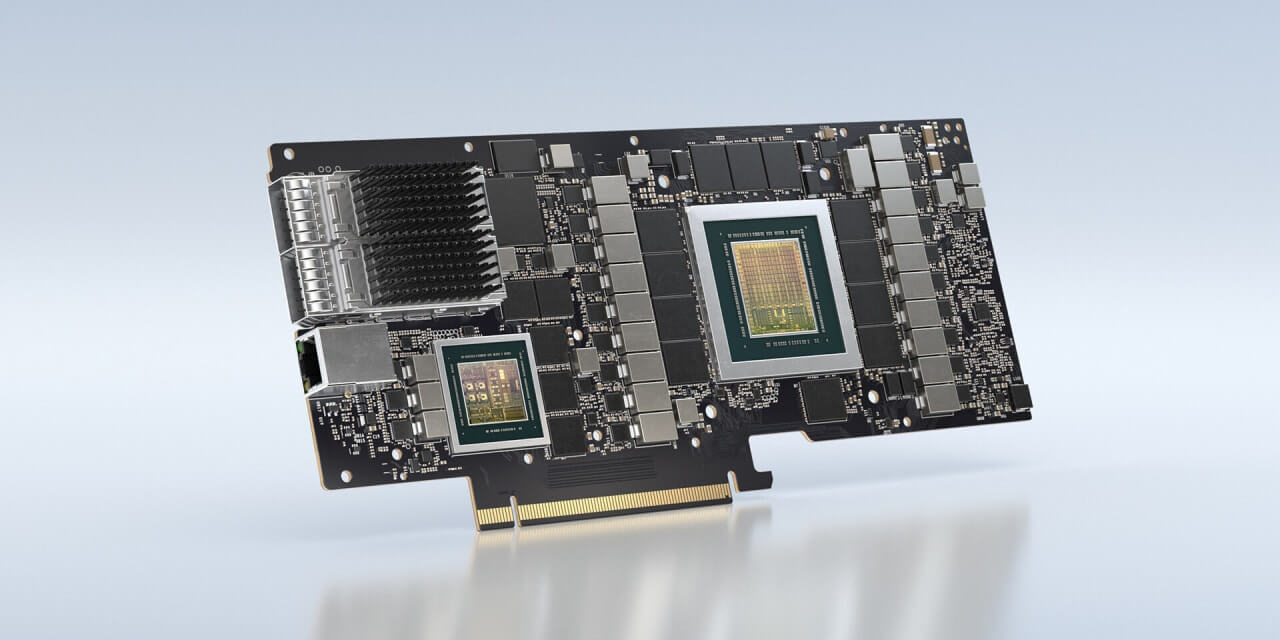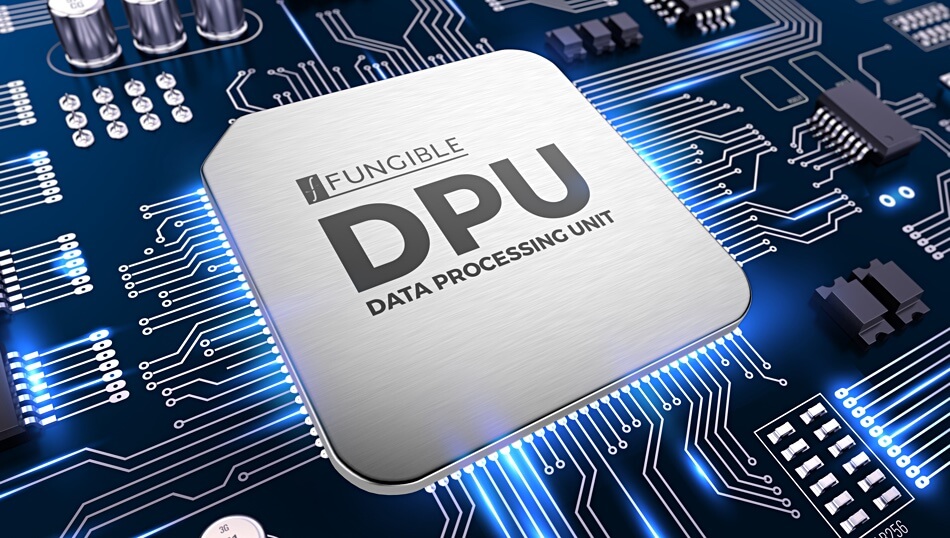As the world becomes increasingly digitized, companies and organizations are turning towards data centers and cloud computing to store, process, and access their data. However, managing and delivering this data efficiently and effectively remains a challenge.
This is where Data Processing Units (DPUs) come into play. DPUs are specialized processors that offload data processing tasks from traditional CPUs, resulting in faster and more efficient data processing. In this article, we will explore what DPUs are, what they do, and how they benefit companies.
What are DPUs?
DPUs are a new class of processors that are specifically designed to accelerate and offload certain data center tasks from traditional CPUs. They can be incorporated into servers, storage systems, and network interface cards, among other hardware.
DPUs are different from CPUs, GPUs, and other processors in that they are highly specialized and optimized for specific tasks. CPUs, for example, are general-purpose processors that can handle a wide range of tasks, from running programs to handling network requests. DPUs, on the other hand, are designed to handle specific data processing tasks such as encryption, compression, packet processing, and AI inference.
What do DPUs do?
DPUs are designed to offload data processing tasks from traditional CPUs, which can be slower and less efficient when it comes to these specific tasks. By doing this, DPUs can reduce latency, improve throughput, and increase overall system performance.
DPUs can handle a range of tasks, including:
- Networking: DPUs can handle packet processing tasks, such as routing and firewalling, offloading these tasks from the main CPU and improving network performance.
- Storage: DPUs can handle data processing tasks such as encryption and compression, offloading these tasks from the main CPU and reducing latency and improving storage performance.
- Artificial Intelligence (AI): DPUs can handle AI inference tasks, offloading these tasks from the main CPU and improving the performance of AI applications.
- Security: DPUs can handle security tasks such as data encryption and decryption, offloading these tasks from the main CPU and improving overall system security.
Benefits of using DPUs

There are several benefits to using DPUs in data centers and cloud computing environments. These include:
- Improved performance: By offloading tasks from the main CPU, DPUs can improve data processing performance, reduce latency, and improve overall system performance.
- Reduced power consumption: By using specialized processors for specific tasks, DPUs can reduce power consumption and save energy compared to traditional CPUs.
- Increased scalability: DPUs can help increase scalability and reduce bottlenecks in data centers and cloud computing environments, enabling businesses to handle large volumes of data and users.
- Enhanced security: DPUs can improve system security by offloading security tasks from the main CPU and providing dedicated resources for encryption and decryption tasks.
- Improved AI performance: DPUs can improve the performance of AI applications by offloading AI inference tasks from the main CPU and providing dedicated resources for these tasks.
DPUs and the Future of Data Processing
DPUs are still a relatively new technology, but they are already being used in data centers and cloud computing environments by companies such as NVIDIA, Intel, and Mellanox. As the world becomes increasingly digitized, the demand for faster, more efficient data processing will continue to grow, and DPUs are poised to play a critical role in meeting this demand.
In conclusion, DPUs are specialized processors that offload data processing tasks from traditional CPUs, resulting in faster and more efficient data processing. They can handle tasks such as networking, storage, AI, and security, and provide a range of benefits, including improved performance, reduced power consumption, increased scalability, improved security, and enhanced AI performance. As data centers and cloud computing environments continue to grow, DPUs are poised to play an increasingly important role in the future of data processing.





